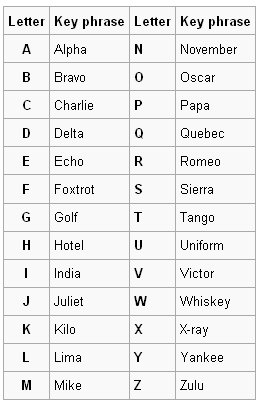Although the concept of virgin birth (i.e. conception without intercourse) is common in many religions, there is no conclusive evidence of actual human virgin birth in recorded history. Except in one medical article written in 1874 by a Dr Capers.
In this article, Dr Capers describes a case study of a miraculous conception during the Battle of Raymond during the US Civil War. A soldier was shot in the testicles and the musket ball carried the non-musket ball (read: testicle) into the uterus of a girl working in a nearby field. The doctor attended to the girl who was shot and treated the wound in her abdomen. The bullet was not found.
Over the following nine months, the doctor realised the girl was pregnant, although she claimed to be a virgin. After nine months, a healthy boy was born. Stranger yet, the doctor realised the boy’s scrotum was unusually swollen and upon examination, found that he was carrying the musket ball that impregnated the girl in the first place. He thus concluded that the testicle that was carried by the musket ball was lodged inside her uterus and sperm leaked out. The soldier was eventually found and was told about this bizarre story and the two were married.
This case study has become a famous story told by doctors around the world. Unfortunately, it is completely false and the doctor who wrote the article admitted to faking it to amuse himself. Ergo, there are still no recorded cases of a virgin birth in humans.
The closest to a virgin birth that was recorded is a case study of a young woman who was performing oral sex on a man. She was found by her boyfriend during the act and the boyfriend stabbed her and her lover with a knife. The knife injured her oesophagus, causing the sperm in it to track down the abdomen and down to her reproductive organs. By a stroke of luck, an egg was misplaced during ovulation, causing it to drift into the abdomen instead of the fallopian tube (ectopic pregnancy), and met with the sperm. The egg was then fertilised and the girl presented to the hospital three months later with excruciating abdominal pain. The ectopic fetus was removed.







